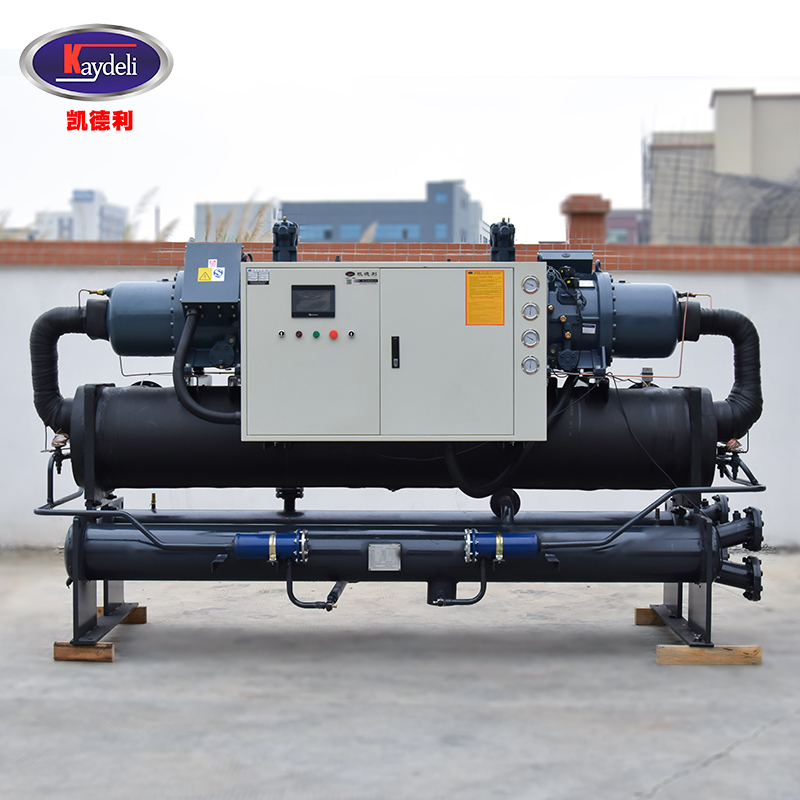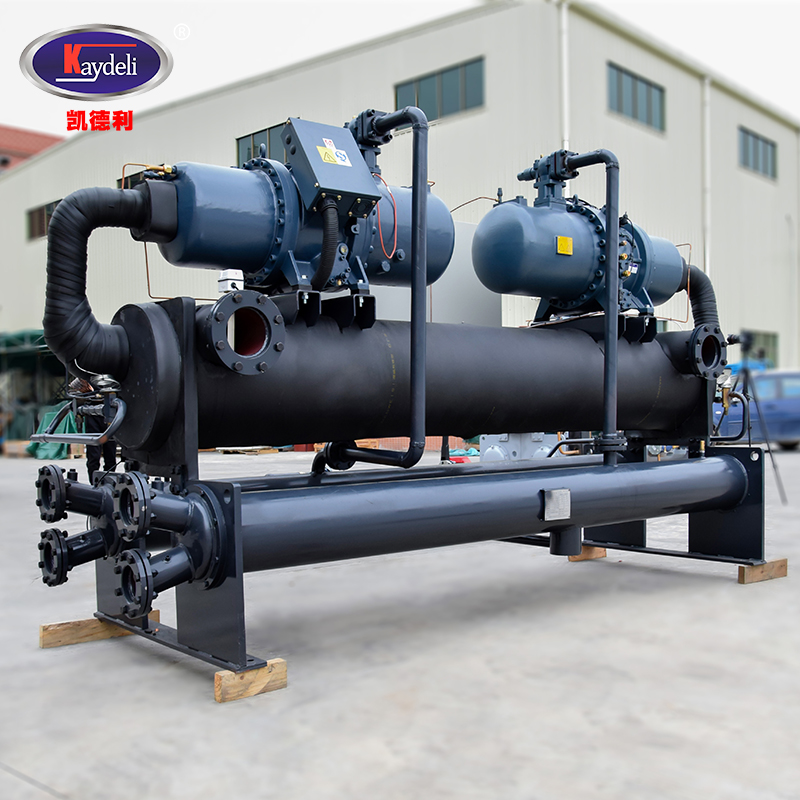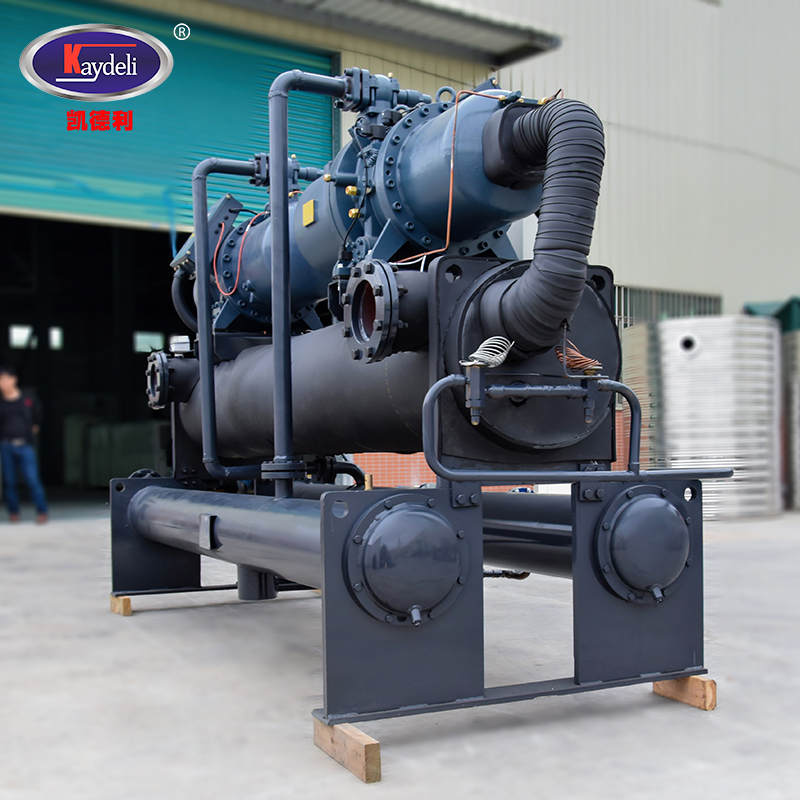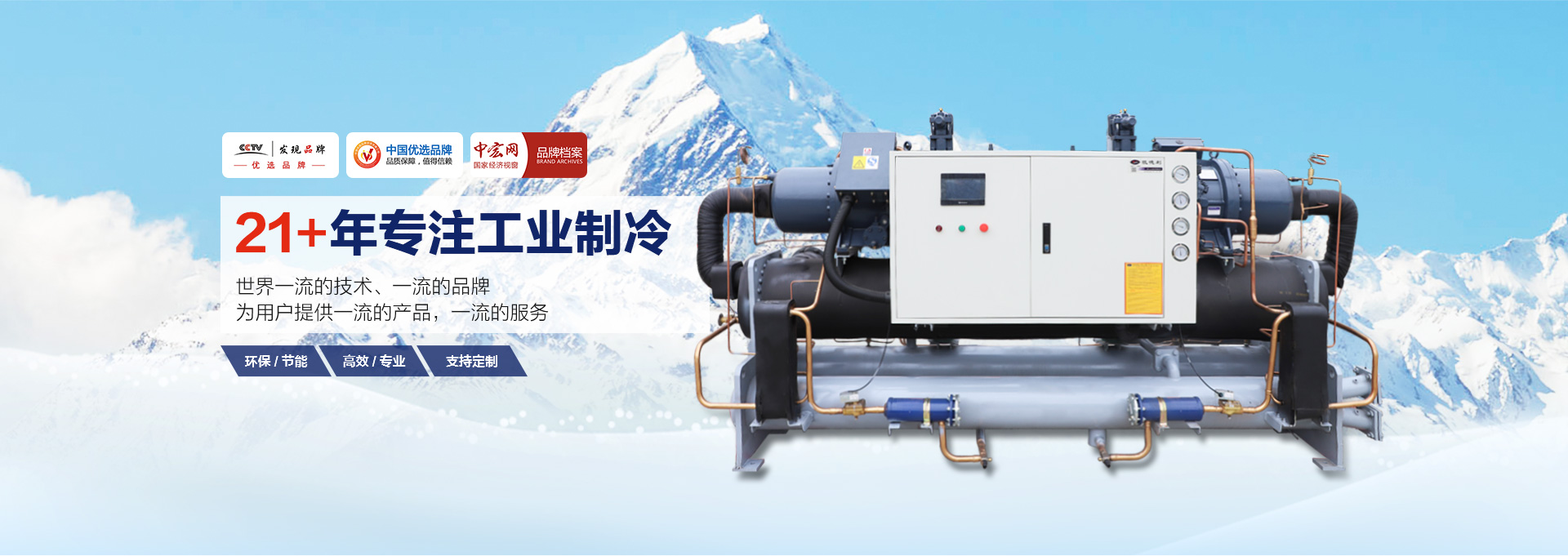Central air conditioning system solution
First, the program brief
Office buildings are places where government departments at all levels and various enterprises and institutions handle normal business. With the development of the economy, a large number of air conditioners have been installed in the original office buildings, and a number of high-standard and multi-functional intelligent buildings have been built. Some are called integrated office buildings, and some are called commercial and residential buildings. Intelligent office buildings contain a variety of heating equipment, such as computers, personal lighting systems, etc., not only have temperature and humidity requirements for indoor environment, but also have requirements for indoor air quality, so that workers can work efficiently in a satisfactory environment.
KAYDELI Group is currently the largest refrigeration air-conditioning production base in China. It can provide central air-conditioning complete engineering design, complete air-conditioning equipment, complete engineering installation and service, namely “turnkey project”. In the field of commercial construction, Dalian Bingshan Group has multiple offices in China. The building provides a central air-conditioning turnkey project, which is well used and highly praised by users. In the design and construction, in view of the difference between the use of office buildings (self-use or rental) and the use (dedicated office buildings and integrated office buildings), the system partition, use time, measurement, rent management, security and other factors are fully considered to meet the needs of users.

Pollution source in clean room
The pollution sources in the clean room mainly come from four aspects:
1. Dust and bacteria contained in the atmosphere, and cleaned dust particles and microorganisms brought by fresh air in the air conditioning system;
2. The operator dusts;
3. Dust production of building envelopes and facilities.
Purification principle
Air flow → initial effect purification → air conditioning → medium efficiency purification → fan air supply duct → high efficiency purifying air outlet → blowing into the room → taking away particles such as dust bacteria → returning blinds → initial purification and repeating the above process, the purification purpose can be achieved.
In order to ensure the air cleanliness requirements of the clean room of the production environment or other uses, a number of comprehensive technical measures must be adopted.
1. Adopting production processes and equipment that produce less pollutants;
2. Take necessary isolation and negative pressure measures to prevent the pollutants generated by the production process from spreading to the surrounding areas;
3. Reduce pollutants brought into the room by personnel and materials;
4. Strengthen the management of clean rooms, and carry out cleaning and sterilization according to regulations;
5. People and things must be diverted, and no flow of people or logistics is allowed.

Flow pattern
The airflow organization of the clean room is significantly different from the general airflow organization. Reasonable design of the flow pattern and distribution of clean indoor air is called airflow pattern. The airflow patterns of clean rooms are mainly divided into three categories: unidirectional flow, non-unidirectional flow, and mixed flow.
One-way flow
It refers to an airflow with equal flow lines along one direction and a uniform wind speed across the cross section, which is divided into horizontal unidirectional flow and vertical unidirectional flow.
The airflow in the unidirectional flow clean room flows smoothly from the air supply side of the room to its corresponding return air side. The main characteristic is that the dust and dust pollutants emitted from the pollution source are pressed before being diffused into the room. Out of the room, mainly used in higher-level occasions.
Non-unidirectional flow
It is a kind of uneven airflow distribution. Its speed and direction are different in different places in the clean room. It is the most common airflow organization used in clean rooms.
The airflow organization is divided into three types according to different ways of installation of the high-efficiency filter and the return air outlet: top delivery, side lower return; side delivery, side return; top delivery, top return and the like. Its characteristics are: when the dust and bacteria pollutants emitted by the pollution source spread indoors, the pollutants are diluted with the clean air treated by the high-efficiency filter, and the air cleanliness level required by the indoors is maintained.
Mixed flow
The non-unidirectional flow type and the unidirectional flow type are combined in the same clean room, and the characteristics are: one-way flow type is adopted in a place where high air cleanliness is required, and the other is a non-unidirectional flow type, which satisfies The use requirements also save equipment investment and operating costs.

Relevant cases
By the end of 2018, Cadley has reached long-term strategic cooperation with 28 listed companies and 36 well-known brands.









